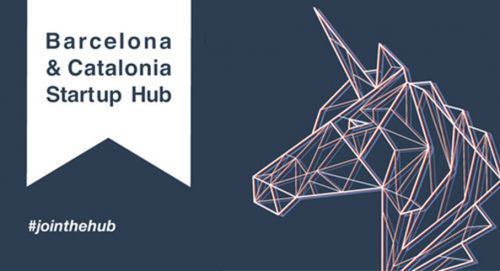
23/07/2020
Catalan start-ups know how to attract funding
Catalan start-ups know how to attract funding
On July 14, CaixaBank and IESE Business School presented the first study on the entrepreneurial ecosystem in Spain and Portugal.
According to the analysis based on 993 representative start-ups from the Iberian Peninsula (25% of the fabric according to the report), among the 272 start-ups that achieved their last round of financing between 2018 and 2019, 71 Catalan start-ups succeeded in attracting €25.4 million of the total €77 million raised. They are followed by Madrid (17.2 million, 58 start-ups) and the Valencian Community (9.8 million, 20 start-ups). Including all the possible sources of funding, the report estimates that start-ups raised more than €700 million in the last two years, including 500 million in capital, 4 times more than in the previous report.
The Environmental Impact sector is the most represented (24%), followed by Health (14%), PropTech (technology / real estate sector) (11%) and Mobility (9%). Regarding the most outstanding technologies on which their products/services are based, 51% are defined as Software & Platforms, 36% are based on Data Analysis, 24% on Artificial Intelligence and 20% on the Internet of Things (IoT).
IESE head of the study Maria Júlia Prats estimates that these companies will need another €700 million for the next 2-5 years to remain well capitalized, without counting the coronavirus factor that could require twice as much.
According to the analysis based on 993 representative start-ups from the Iberian Peninsula (25% of the fabric according to the report), among the 272 start-ups that achieved their last round of financing between 2018 and 2019, 71 Catalan start-ups succeeded in attracting €25.4 million of the total €77 million raised. They are followed by Madrid (17.2 million, 58 start-ups) and the Valencian Community (9.8 million, 20 start-ups). Including all the possible sources of funding, the report estimates that start-ups raised more than €700 million in the last two years, including 500 million in capital, 4 times more than in the previous report.
The Environmental Impact sector is the most represented (24%), followed by Health (14%), PropTech (technology / real estate sector) (11%) and Mobility (9%). Regarding the most outstanding technologies on which their products/services are based, 51% are defined as Software & Platforms, 36% are based on Data Analysis, 24% on Artificial Intelligence and 20% on the Internet of Things (IoT).
IESE head of the study Maria Júlia Prats estimates that these companies will need another €700 million for the next 2-5 years to remain well capitalized, without counting the coronavirus factor that could require twice as much.
More news
13/12/2017
ALBA Synchrotron Works for People’s Health
01/12/2017
NanoPlastics Awarded As Best Business Idea Of The UAB University Research Park
23/11/2017
The Excellence of Natura Bissé Awarded by Forbes Travel Guide
08/11/2017
SENER, 50 Years in Space and Ambitious Projects Such As the E-ELT Telescope
02/11/2017
The Barcelona Synchrotron Park in the SmartReFlex European project
26/10/2017
New Findings on Malaria Thanks to ALBA Synchrotron









